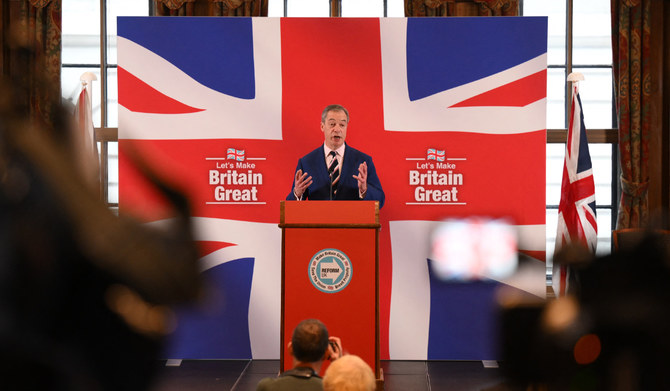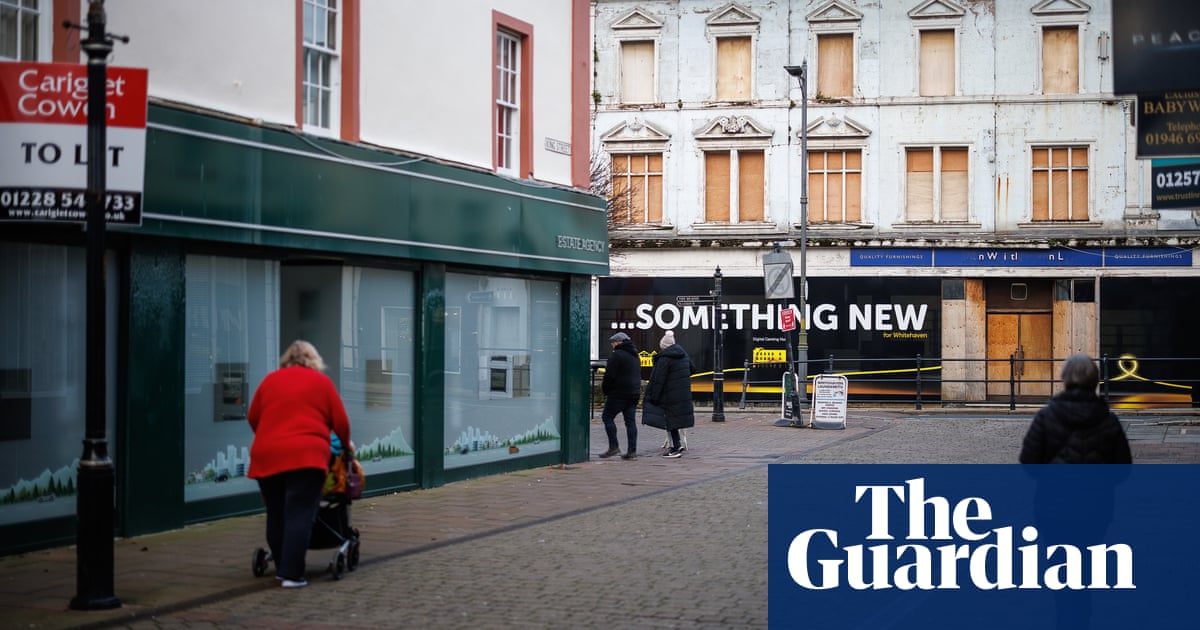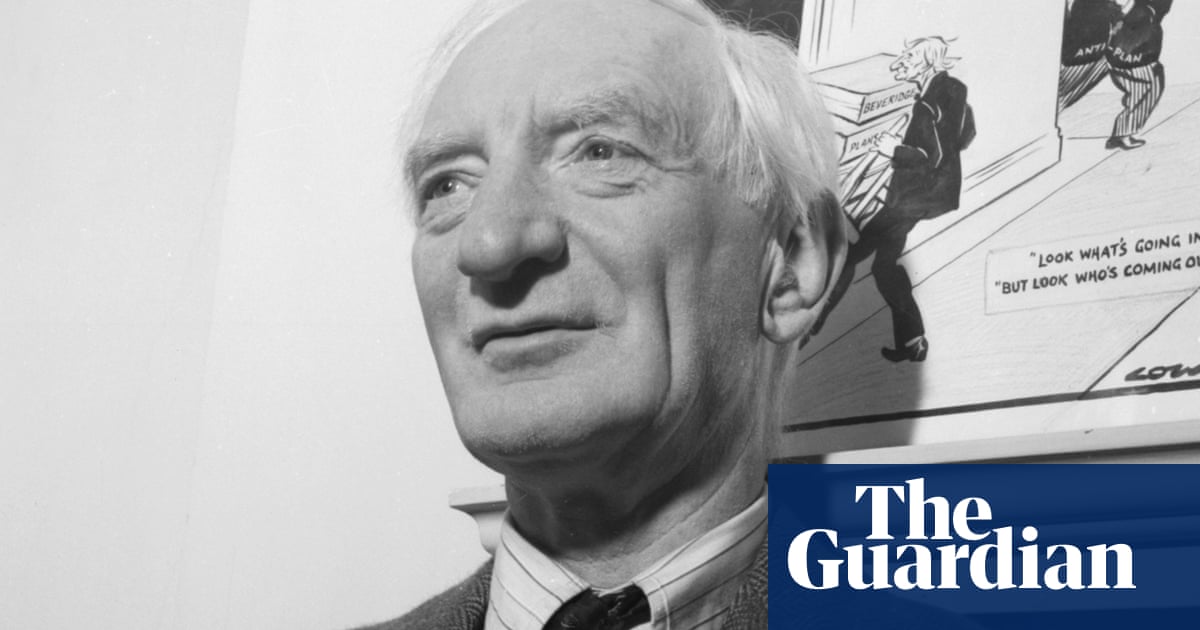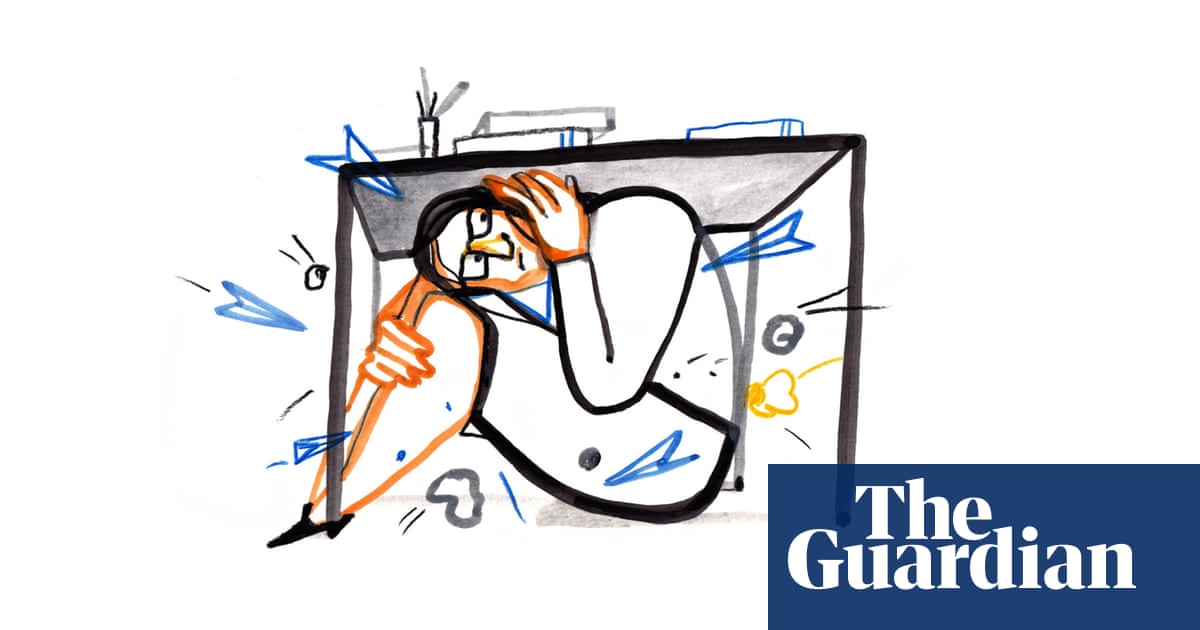
When much of England went to the polls last week to vote in the local elections, it was generally accepted that the Conservatives would take a beating — and indeed they did. They lost more than 470 councilors, the control of 10 councils and they also failed to hold the parliamentary seat of Blackpool South, where the party lost a by-election to Labour and were almost beaten into third place by Reform UK, the successor to Nigel Farage’s Brexit Party.
With such victories in place, it would be reasonable to assume the current Labour opposition is headed for a landslide victory. But it seems that Labour leader Keir Starmer still has a long way to go if he is to get a clear victory — some pollsters say that, even with last week’s wins, a massive landslide victory is probably not on the cards.
There is little doubt that the Conservatives are about to suffer a defeat at the next general election. But Labour is still facing a situation where it will potentially have to form alliances in a hung parliament if it is to form a government.
The problem with this is that the current UK political system is not built for this — many believe that the first-past-the-post system in use in the UK (a simple majority decides the victor) creates “strong government.” But the past three decades have shown that “strong” is not the best way to describe Britain’s seat of power. For example, Boris Johnson won a huge majority in the 2019 election and he only managed to last three years.
The British voting system is designed to create a single-party majority government and as such only serves those who vote for the winning party. Every election in the UK is fought on the basis of single-party politics and the blinkered “we are right, they are wrong” attitude that comes with it. The problem is that the UK’s voting system is more than 200 years old.
Every aspect of British politics is built for confrontation — even the House of Commons, where the government and opposition are seated directly across from one another, ensures they are set up to squabble rather than discuss.
The past three decades have shown that ‘strong’ is not the best way to describe Britain’s seat of power
Peter Harrison
On the floor, there are lines drawn marking the furthest lawmakers can advance toward each other before their swords touch. Yes, you read that right, the line is the closest point at which two lawmakers can stand before their swords will touch — the official term is “two swords and one inch apart.” Of course, MPs do not take swords into the chamber — indeed, it would make headline news if they even tried to enter the Houses of Parliament while carrying a sword.
While the British people have traditionally voted for party and leader in the past, now it is evident that the electorate is more inclined to vote locally for their MP of choice. And that is more likely to return a hung parliament, something last seen in 2017, when Theresa May and the Conservatives formed an alliance with the Democratic Unionist Party.
The days of landslides and long-lasting governments are a distant memory, last experienced with Tony Blair and Margaret Thatcher before him.
It is in view of this that the British system of democracy needs a serious rethink; not just the way the government is elected, but everything attached to it, including the very seat of power.
If the UK Parliament is to serve as a modern democracy that serves not only its people, but the wider world, then it needs to be more collaborative. After all, it is hard to see how Britain can expect to be taken seriously internationally when its own population constantly calls it broken.
British journalist Nick Cohen in March wrote of this once-great nation: “It’s a grim picture. The UK, the first country in the world to have an industrial revolution, is now in its worst economic decline since the industrial revolution of 250 years ago.”
If the British cannot hold themselves in high esteem, how can they expect the world to take them seriously?
Peter Harrison
In short, if the British cannot hold themselves in high esteem, how can they expect the world to take them seriously?
When the next general election is called, each party will publish an election manifesto — a book of pledges and policies that claims to outline what they are standing for. The problem is that there is no obligation for a party to honor these pledges, or be able to. The only people with access to all the information needed to make honest, informed decisions are those in the government.
Once elected, parties often renege on key pledges, claiming that an initial plan is not possible because a previous government had not provided the correct information.
Voters will, on election day, be given a single vote to cast for the candidate they most want to represent their constituency in Parliament. The MP is the person with the highest number of votes, but not necessarily an overall majority, in any given constituency. And the party with the most MPs will either form a government if it has a minimum of 326 seats or, if fewer, be forced into a situation where the larger parties enter into negotiations with smaller ones.
Then they will sit in the ancient Commons chamber, one side facing the other, and debate — although to many it sounds more like a cacophony of zoo animals at feeding time than one of the most powerful governments in the world.
Britain needs to stop resisting change. The British public needs to get over the notion of superiority and embrace collaborative discussions.
The election needs to represent all instead of a few, maybe through a system of regional assemblies with representatives who sit in Parliament.
If people were voting with an expectation of hung parliaments, then it is possible, in my view, that they might start voting for the people they believe would be the best collaborators, rather than personalities and those who wield power.
Government should return to a fixed term — a policy abolished by Johnson — so that the public vote when it is required, not when the prime minister thinks it is tactically preferable to give them the biggest gains.
And the building MPs sit in should create a mindset of positive constructive debate, with lawmakers facing the front of the chamber and the speaker holding court.
Britain needs to move away from a situation where only a small number of people are represented and where the few do not make life-changing decisions for the many (such as war) without collaborative thought.
If the country is to move forward, then it needs to stop arguing — although, in defense of democracy, I write this in the knowledge that I can be critical without fear of reprisal or intimidation.
• Peter Harrison is a senior editor at Arab News in the Dubai office. He has covered the Middle East for more than a decade. X: @PhotoPJHarrison












